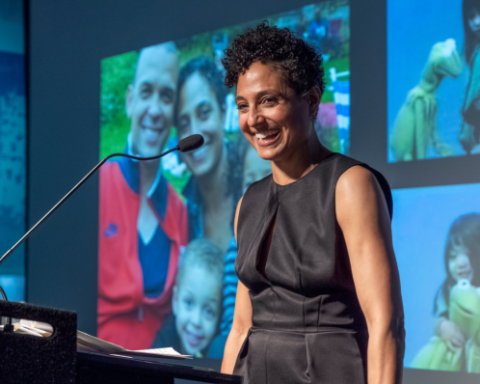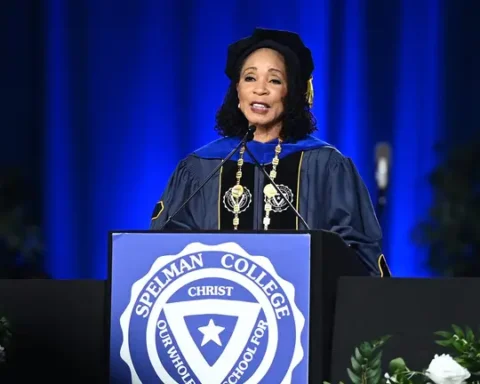Courtesy of Spelman College
This summer, four outstanding Spelman College students will participate in the University of Michigan’s Applied Social Policy Internship and Research Experience (ASPIRE) – a seven-week summer program run by the Youth Policy Lab (YPL) at the Gerald R. Ford School of Public Policy and the Institute for Social Research. The applied research experience will help rising juniors and seniors develop quantitative social science research skills and a greater understanding about what it would be like to pursue a career in public policy research.
The inaugural cohort includes Keyla Anderson, Theo Burden, Aleasa Parker and Lexi Turner – chosen for their passion to create social policy change and their strong backgrounds in research methods and data analysis.
Students will explore research questions and complete individual research projects in one of YPL’s core policy areas: early childhood education, maternal and infant health, adolescent mental health, career technical education, or workforce development. The students will also attend professional workshops and hear from UM faculty and staff about careers in social policy.
“As a very proud Spelman alumna, I am overjoyed to welcome Keyla, Theo, Aleasa and Lexi as our inaugural cohort of ASPIRE research fellows,” said Celeste Watkins-Hayes, interim dean of the Ford School. “Their training, perspectives, and talents will contribute to the Ford School’s policy research impact. Moreover, the Ford School-Spelman ASPIRE partnership demonstrates a shared institutional commitment to creating positive social change through rigorous analysis, service, and advocacy.”
About the Youth Policy Lab (YPL)
Situated jointly between the University of Michigan’s Gerald R. Ford School of Public Policy and the Survey Research Center at the Institute for Social Research, YPL employs a team of experienced staff and faculty and engages with experts from across the University of Michigan. YPL partners with public-sector stakeholders to produce actionable insights that help ensure all children thrive, especially those experiencing adverse outcomes due to systemic social and economic barriers.





